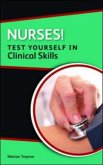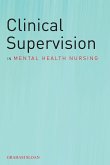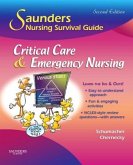It is important for health workers to be effective and confident in their daily communications with clients/patients in order to develop therapeutic relationships. For new students this can be a particularly daunting task, since often this confidence comes from personal experience. This book provides examples of the type of clinical experiences students are likely to have on their student placements and offers a theoretical framework for them to understand and learn from these interchanges. The book illustrates three main theoretical approaches taught to students: Psychodynamic, person-centred and behavioural. The book takes a lifespan approach, covering the care of the child, the adolescent, the adult and the elderly person, including mental-health issues. Each chapter recounts a student s experience of working with a particular client group, enabling the reader to identify with the personal account and relate their own experience to the theoretical approaches under consideration. The reader is encouraged to reflect on the value of each of the theoretical approaches, thereby increasing effectiveness in communicating with patients.
Hinweis: Dieser Artikel kann nur an eine deutsche Lieferadresse ausgeliefert werden.
Hinweis: Dieser Artikel kann nur an eine deutsche Lieferadresse ausgeliefert werden.
"This book can greatly improve the knowledge base of health and social care workers...While on its own it cannot create experts it will certainly help the non-initiated to question the quality of their interpersonal skills and, hopefully, to inspire many to work on self-improvement. Mr Wondrak s book is enjoyable and would be a worthy addition to the reading lists of both pre and post-registration education programmes for a number of disciplines, not only nursing."
"I hope it will be read and inwardly digested by a large number of people" Health Service Journal
"I hope it will be read and inwardly digested by a large number of people" Health Service Journal








